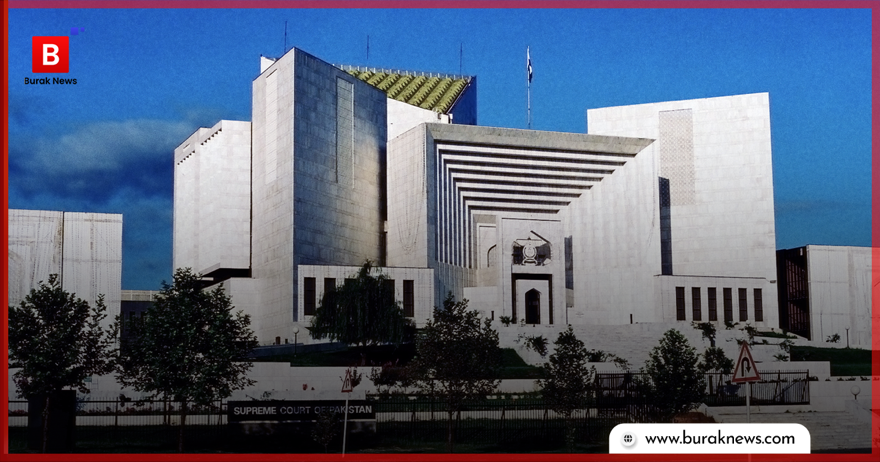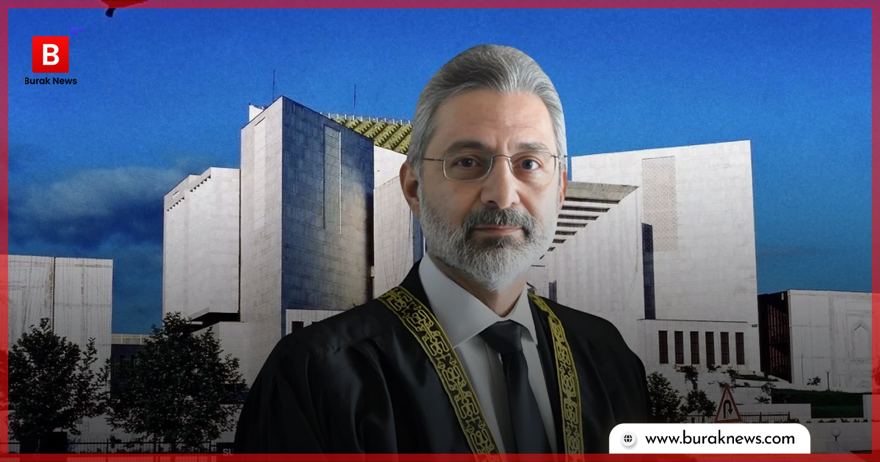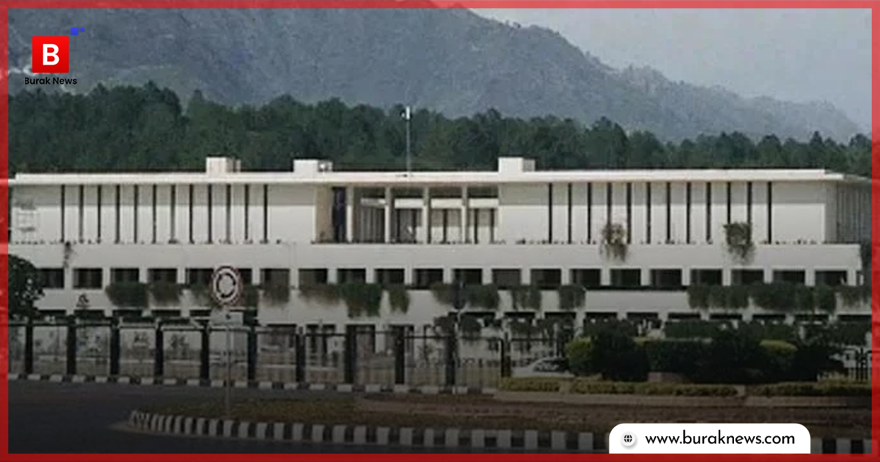IMF board confirms $7bn loan agreement

The International Monetary Fund (IMF) board on Wednesday approved a $7 billion loan to Pakistan, designed to support its faltering economy. Prime Minister Shehbaz Sharif’s government has pledged that this will be last time the country would make such request from the IMF.
The three-year loan program requires Pakistan to implement “sound policies and reforms” aimed at fostering economic growth and improving resilience, IMF stated.
In July, the government secured the deal, the country’s 24th IMF bailout since 1958, by agreeing to implement unpopular reforms, including expanding its notoriously small tax base.
Last year, Pakistan was on the verge of default due to a combination of political instability, severe 2022 monsoon floods, decades of economic mismanagement, and a global downturn. Although loans from friendly nations and an IMF package saved the country from default, Pakistan’s economy is still burdened with high inflation and substantial public debt.
Prime Minister Sharif, speaking in July, expressed hope that “this will be the last IMF program” the country will need.
The new loan was unlocked by finance ministry after months of tough negotiations with the IMF.
It cimes on condition of major reforms such as increasing household bills to fix the energy sector and raising taxes to address the country’s low revenue collection.
Despite having a population of more than 240 million, only 5.2 million individuals filed income tax returns in 2022, with most employment in the informal sector.
While the IMF acknowledged Pakistan’s steps toward economic stability, it warned of remaining structural challenges, noting that a challenging business environment, weak governance, and excessive state control continue to deter investment.
Following the IMF’s decision, Prime Minister Shehbaz Sharif met with IMF Managing Director Kristalina Georgieva in New York to expressed his appreciation.
“Growth is improving, inflation is declining, and the economy is on a more stable path,” said Georgieva, praising Pakistan’s progress after the meeting.
When asked about the effect of these reforms on Pakistan’s poorer citizens, Georgieva said the government is focusing on taxing wealthier individuals while strengthening social welfare programs to support lower-income families.
Prime Minister Sharif expressed satisfaction with the program’s approval, said a PM Office statement.
The Prime Minister confirmed his commitment to pursuing reforms and achieving economic stability. He further said the rise in business activities and investment as positive indicators of the country’s economic progress.
Moreover, the prime minister also expressed his gratitude to the UAE, Saudi Arabia, and China for their support regarding the IMF loan, as well as to IMF Director Georgieva and her team.
In remarks to the media in New York, Sharif remained optimistic, reaffirming his belief that this will be Pakistan’s last IMF-supported program.
He acknowledged the economic difficulties his administration inherited but expressed confidence that the nation is moving toward recovery while noting that improved economic indicators, suggest a brighter financial outlook for the country.




